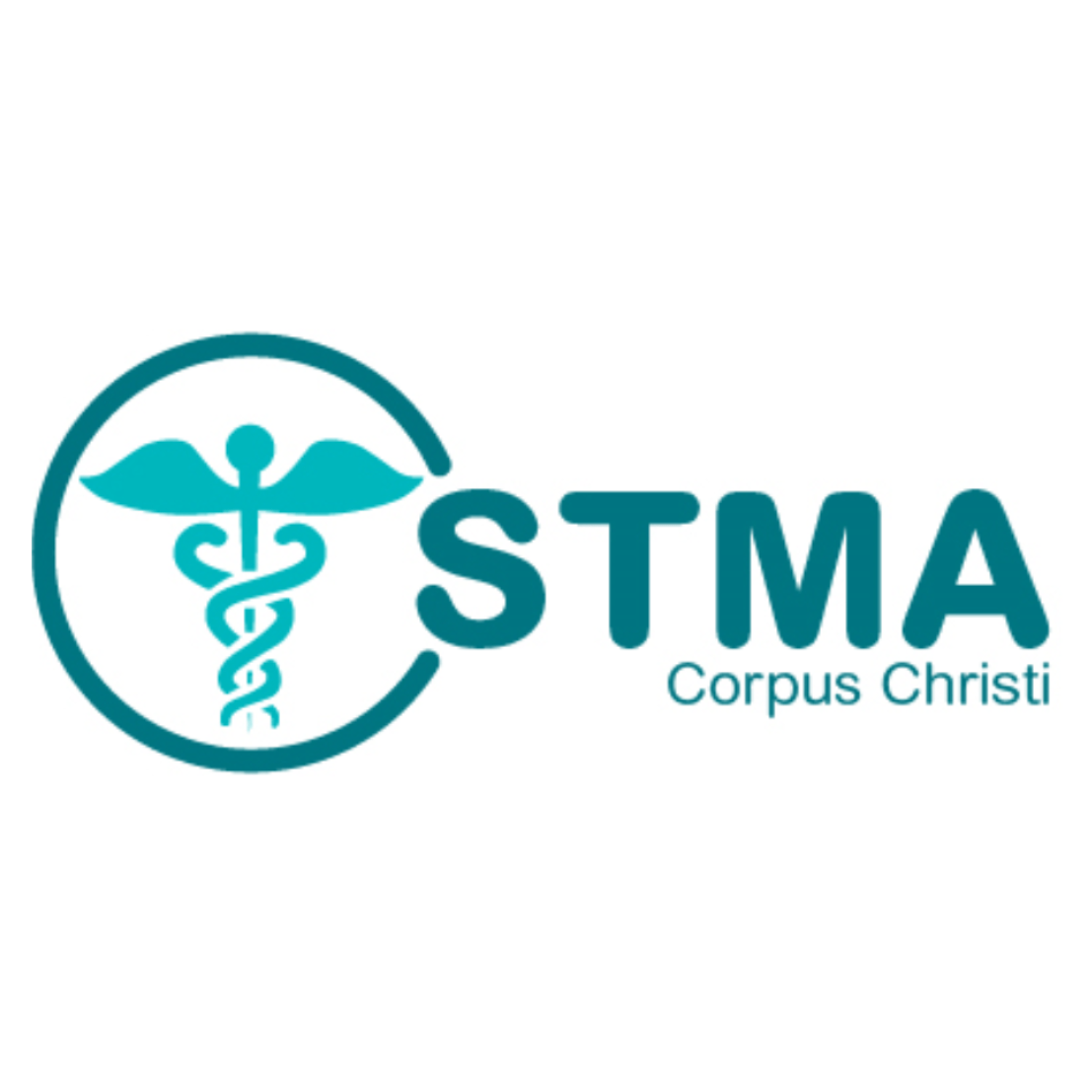South Texas Medical Associates (STMA) in Corpus Christi prioritizes preventative healthcare as the cornerstone of our practice. In this article, we’ll explore the basics of preventative healthcare and its profound impact on long-term well-being.
At STMA, we believe that proactive measures such as regular check-ups, screenings, and vaccinations play a crucial role in maintaining optimal health and preventing serious illnesses before they develop. By partnering with our team of dedicated primary care physicians, patients can embark on a journey toward better health and longevity.
Join us as we look into the essential components of preventativehealthcare, empowering you to take charge of your health and make informed decisions that can positively impact your quality of life.
Understanding Preventative Healthcare
Preventative healthcare is proactive. It focuses on early detection and intervention. The goal is to prevent diseases before they appear or progress. Diagnostic and curative measures aim to address existing health issues. But, preventative healthcare emphasizes the importance of regular check-ups, screenings, and lifestyle changes to keep healthy and prevent future illnesses.
Preventative healthcare centers on the belief that timely interventions and healthy lifestyle choices can mitigate or even avoid many common health conditions altogether. By focusing on preventative care, individuals can find risk factors early. This allows for timely interventions that can improve health and cut healthcare costs.
Preventative healthcare encompasses a wide range of services, including routine physical exams, screenings for chronic conditions such as diabetes and hypertension, immunizations, and counseling on healthy behaviors. By addressing risk factors and promoting early detection, preventative healthcare empowers individuals to take control of their health and lead healthier, more fulfilling lives.
The Role of Primary Care Physicians in Peventative Healthcare
PCPs play a key role. They deliver preventative care and guide patients on the journey to better health. PCPs are the first point of contact for medical care. They build long-term relationships with patients. This allows for comprehensive and personalized care.
- Establishing Long-Term Relationships: Primary care physicians (PCPs) build enduring connections with patients, fostering trust and continuity of care.
- Routine Check-ups and Screenings: PCPs conduct regular appointments to monitor patients’ health status, perform screenings, and identify potential health risks early on.
- Comprehensive Care Coordination: PCPs oversee patients’ overall health needs, coordinating referrals to specialists and ensuring seamless care transitions.
- Advocacy and Guidance: PCPs serve as advocates for their patients, offering guidance on preventative measures, lifestyle modifications, and vaccinations.
- Patient Education: PCPs prioritize patient education, empowering individuals to make informed decisions about their health and well-being.
- Personalized Preventative Care Plans: PCPs collaborate with patients to develop personalized preventative care plans tailored to their unique health needs and circumstances.
In essence, PCPs play a vital role in promoting Preventive healthcare by providing comprehensive, patient-centered care and guidance.
Common Preventative Screenings and Their Importance
Preventative screenings are essential tools in identifying health risks early and preventing the progression of diseases. Here are some common screenings recommended for different age groups and genders, along with their importance:
- Mammograms: Recommended for women starting at age 40, mammograms detect breast cancer early when it’s most treatable. Regular screenings can significantly reduce mortality rates from breast cancer.
- Colonoscopies: Starting at age 50, individuals should undergo regular colonoscopies to screen for colorectal cancer. Early detection through screenings can lead to successful treatment and improved outcomes.
- Prostate Exams: Men aged 50 and older should discuss prostate cancer screening with their PCP. Prostate exams, including a digital rectal exam and prostate-specific antigen (PSA) blood test, can help detect prostate cancer in its early stages.
- Pap Smears: Women should begin cervical cancer screening with Pap smears at age 21. Regular screenings can detect abnormal cells early, allowing for timely intervention and prevention of cervical cancer.
- Blood Pressure Checks: Regular blood pressure checks are essential for adults of all ages. High blood pressure, if left untreated, can lead to serious health issues such as heart disease and stroke.
- Cholesterol Screenings: Starting at age 20, individuals should undergo regular cholesterol screenings to assess their risk of heart disease. Managing cholesterol levels through lifestyle changes or medication can reduce the risk of cardiovascular events.
These screenings, when performed regularly as part of preventative care, can help detect health issues early, allowing for timely intervention and improved outcomes. By staying proactive about preventative screenings, individuals can take control of their health and reduce their risk of developing serious health conditions.
At STMA in Corpus Christi, our team of primary care doctors stresses the importance of preventative screenings. We offer tailored screening services for each patient’s unique needs and risks.
How to Incorporate Preventative Healthcare into Your Life
Incorporating preventative healthcare into your daily life is essential for maintaining optimal health and well-being. Here are practical steps you can take to prioritize preventative care:
- Schedule Regular Check-ups: Make it a habit to schedule annual check-ups with your primary care physician. These appointments allow for comprehensive assessments of your health and early detection of any potential issues.
- Know Your Family History: Understanding your family’s medical history can help identify genetic predispositions to certain diseases. Share this information with your PCP to tailor preventative care recommendations to your individual risk factors.
- Stay Active: Engage in regular physical activity to maintain a healthy weight, strengthen your immune system, and reduce your risk of chronic diseases such as heart disease, diabetes, and certain cancers
- Eat a Balanced Diet: Fuel your body with nutritious foods rich in fruits, vegetables, lean proteins, and whole grains. A healthy diet provides essential nutrients and antioxidants to support overall health and prevent chronic diseases.
Additional Tips in Preventative Healthcare
- Practice Stress Management: Chronic stress can negatively impact your health and increase your risk of various health problems. Incorporate stress-reducing activities such as meditation, yoga, or deep breathing exercises into your daily routine.
- Avoid Harmful Habits: Limit your consumption of alcohol, avoid smoking, and refrain from using illicit drugs. These habits can increase your risk of developing serious health conditions and detract from your overall well-being.
- Stay Up-to-Date on Vaccinations: Ensure you and your family members receive recommended vaccinations to protect against infectious diseases. Vaccines are an essential component of preventative healthcare and help prevent the spread of contagious illnesses.
By adding these preventative measures to your life, you can take proactive steps. They will safeguard your health and reduce your risk of chronic diseases. At STMA in Corpus Christi, our team of primary care doctors commits to creating custom preventative care plans. They also empower patients to take control of their health.
Conclusion
Prioritizing preventative healthcare is the foundation of a healthy and fulfilling life. By taking proactive steps to maintain your health and well-being, you can prevent many common health problems and enjoy a higher quality of life.
At South Texas Medical Associates (STMA) in Corpus Christi, we are dedicated to providing comprehensive preventative care services to our patients. From routine check-ups and screenings to personalized preventative care plans, our team of primary care physicians is here to support you on your journey to optimal health.
Schedule a preventative care appointment with STMA today and take the first step towards a healthier future. Contact us to learn more about our services and how we can help you prioritize your health and well-being.





